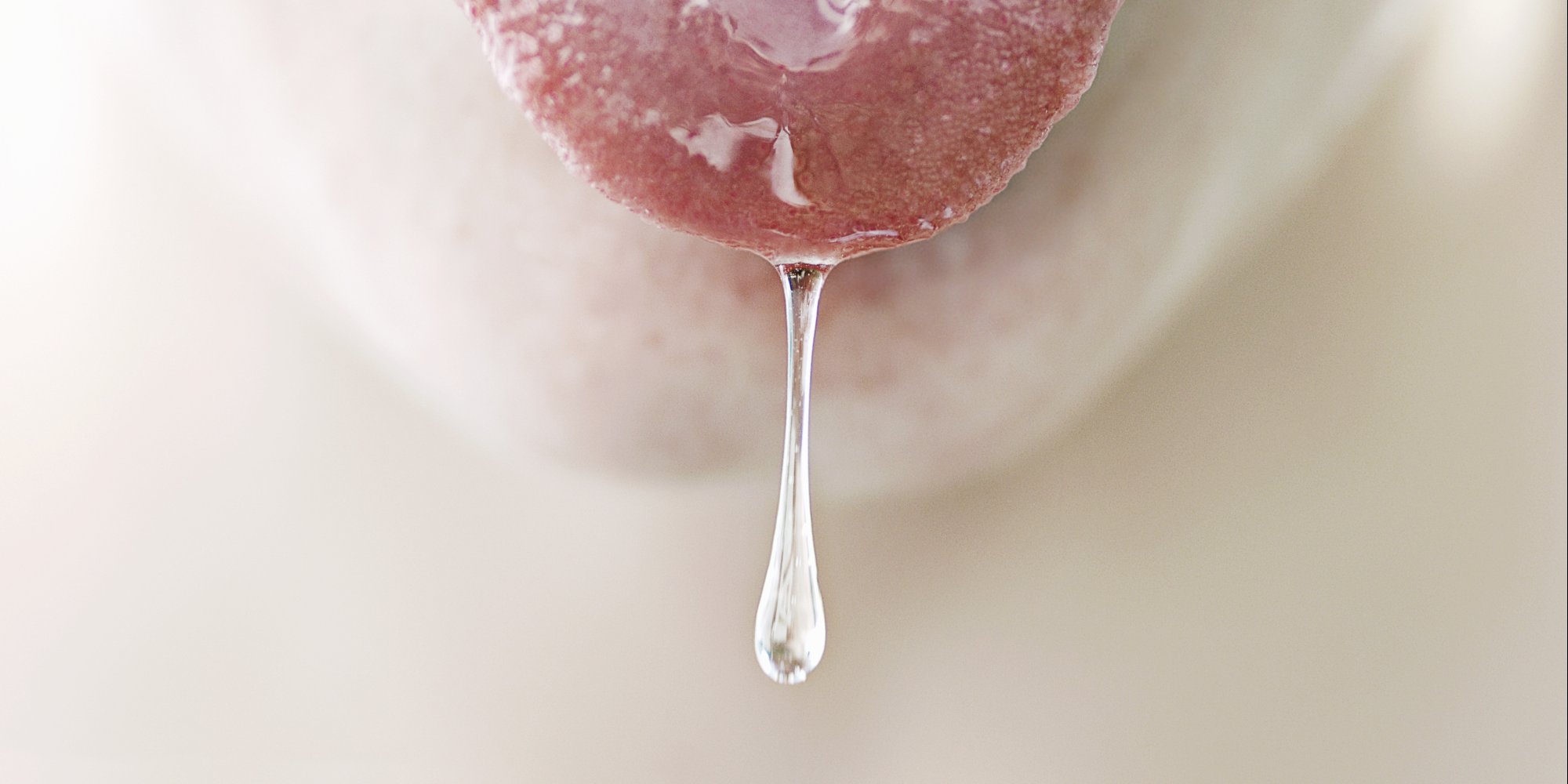People may look at saliva as a nuisance and certainly no one wants to walk around drooling. However, the right amount of saliva is a friend to the body’s teeth and gums.
Saliva serves an important role in dental health. According to WebMD, it does the following:
Prevents tooth decay and gum disease through its minerals and proteins
Helps you chew and taste food
Fights germs that cause bad breath
Makes your mouth stay moist and comfortable
Helps you keep dentures in place
What’s the point in knowing this about saliva?
Some physical conditions, diseases and the side effects of certain medications result in a condition called dry mouth. Antihistamines, anxiety medicines and appetite suppressants are a few common meds that cause dry mouth. When you have dry mouth, your body isn’t producing enough saliva. Dry mouth can make your gums and tongue swell and feel uncomfortable. In addition, germs thrive in an oral environment where there isn’t enough saliva, which can result in bad breath and tooth decay.
Most people produce between two to four pints of saliva every day. The peak hours for producing saliva are in the late afternoon, and saliva is least produced during sleep. Saliva helps clear food particles and reduces cavity risks.
Smoking cigarettes and dehydration are two factors that can lead to dry mouth. Here are some things you can do to counter-act dry mouth:
Drink lots of water
Chew sugar-free gum
Suck on sugar-free candy
If you have dry mouth, it’s definitely not a time to slack off on your dental hygiene. Let Dr. Baker know about it so we can provide you with further information and tips. He may recommend rinsing your mouth with artificial saliva, and we can explain how that works as well.







Recent Comments